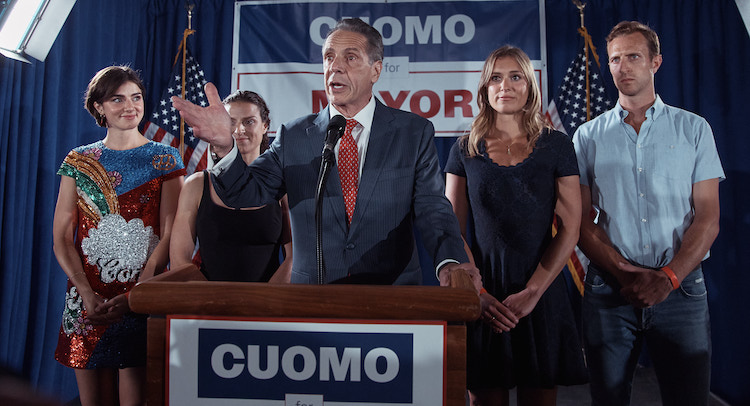Silence, Wordsworth wrote, "is a privilege of the grave, a right of the departed. Let him, therefore, who infringes that right by speaking publicly of, for, or against, those who cannot speak for themselves, take heed that he opens not his mouth without a sufficient sanction." Others have said it...
Continue Reading
Subscribe to Commentary Magazine for unlimited access to this article and our complete 75-year archive.
📚
Complete 75-year archive access
📱
Ad-free reading experience
📖
Monthly print magazine
💎
Exclusive subscriber content
PRINT + DIGITAL (annual)
$
108
/year
Save 10%
- ✓ Every article, blog post & podcast, unlocked
- ✓ Access to all past issues since 1945
- ✓ Access to our curated iPad app
- ✓ PDF download of current issue
- ✓ Monthly print edition delivered to your door
- ✓ You can cancel anytime
PRINT + DIGITAL (monthly)
$
9.97
/month
- ✓ Every article, blog post & podcast, unlocked
- ✓ Access to all past issues since 1945
- ✓ Access to our curated iPad app
- ✓ PDF download of current issue
- ✓ Monthly print edition delivered to your door
- ✓ You can cancel anytime
Already a subscriber? Sign in here
Join thousands of readers who trust Commentary Magazine for intelligent analysis and thoughtful discussion.
+
A
A
-




